Thanks to non-profit programs like Dec My Dorm and Let It Be Us, they are fully equipped, while also having the opportunity to integrate, practice self-reliance skills and develop the ability to conquer the world .
Timely support
When Ar'reiona Green received her acceptance letter to Sacramento State University last year, she knew she needed to pack her books and school supplies. But she didn't expect to also need a school supply box, a coat hanger, and even a fan and a desk lamp for her dorm room.
A college education is not only a dream for most young people, but also an increasingly necessary stepping stone to a stable, well-paying job. However, foster children often lack the financial resources, mentoring, support, and stability needed to complete post-secondary education or training. These factors often force them to change schools during the school year, attend special education classes, and are less likely to achieve high grades than their peers. Some statistics show that in the United States, only 50% of children who grow up in foster care complete high school.
Like many other freshmen, Green — who is now preparing to enter his second year of college and plans to become a plastic surgeon — is excited about the adventures ahead.
But having grown up in foster care in California, she had no idea who had gone to college to consult. Beyond what she saw online, college life was still a mystery to Green.
That’s where Dec My Dorm comes in. This initiative supports hundreds of orphaned and adopted college-bound teenagers. The program holds an annual event in July, equips each student with sheets, pillows, toiletries, and other necessities, and helps new American college students connect with others in similar situations.
In the summer of 2024, Green joined the program, bringing a few duffel bags filled with personal items. “I was expecting things like bedding and towels, but they also donated feminine hygiene products, school supplies, chairs, and tool boxes. They really did a great job,” Green said.
Dec My Dorm was initiated in 2018, when Jill Franklin, Independent Living Program Manager at the Los Angeles County Department of Children and Family Services, met an orphaned student who had just enrolled at the University of California at Berkeley.
She brought only a small bag, no pillow, no sheets, no towels. While most other freshmen were fully prepared by their parents, she was left to fend for herself. “I was editing my college essay and realized that we had never thought that the first day would be so difficult,” Franklin recalled.
From that story, Ms. Franklin came up with the idea of creating a small wish list on Amazon to support orphaned students. She emphasized that it is important that as many orphaned students as possible participate in this process, because they are used to living in spaces that do not belong to them.
In 2022, Franklin met Phyllis Shinbane, the retired Executive Director of Connecting a Caring Community (CCC), a nonprofit organization based in Calabasas, California.
Shinbane quickly recognized a practical need: Orphaned students often had nothing to bring with them to college. Together with CCC Director Lisa Kodimer and Dec My Dorm Co-President Allison Weiss, they raised more than $40,000, mobilized donors and volunteers to help 142 freshmen by 2025.
“It’s about leveling the playing field. Our program helps them walk into the room as if they were no different, without their past, just like any other college student who comes from a safe, structured, supportive home,” Shinbane said, expressing hope to expand the program to other states.
Currently, some states in the US have programs to address foster care and higher education for orphans, but the efforts remain fragmented and have many shortcomings, such as the need for dorm rooms or summer storage.
Most universities have special support systems for orphaned students, such as the Guardian Scholars program in California. However, these programs mainly focus on financial support - tuition, meals, academic advising - rather than taking care of student life.
Ms. Sarah Wasch - Deputy Director of the Center for Child Policy, Practice and Research (University of Pennsylvania), cited: There was a time when there was a bill to establish a federal center to coordinate the efforts of the states, but it was not passed.

Helping students overcome barriers
Education experts say all children in the foster care system need a loving home, whether temporary or permanent. Before Dec My Dorm, the organization Let It Be Us worked to help foster youth survive and thrive.
Alex was one of those who received support from the organization. “I had no parents, no family,” she shared. After years in the foster care system, being on my own felt like a lost cause. “I had to take care of my own housing, food, work, and handle all the stress that came with it,” she recalled.
Thanks to Let It Be Us, Alex is not alone. The organization’s Springboard to Adulthood program helps orphans become mentally, physically, and financially independent; navigate careers, attend college, find housing; pay for books, prepare for interviews, and find jobs.
“When I have emotional problems, my support people are always there. When I have physical problems, they will help me solve them. Honestly, whatever I say, they can help me overcome it,” Alex shared.
“We ensure that children have the skills to conquer the world and become fully independent,” emphasized Ms. Kendra Wright, Program Director.
Kelisha Williams, an orphan from Kentucky who graduated from Harvard last spring, said she wishes there had been a program like Dec My Dorm. Although Harvard provided a list of dorm supplies, she still had to watch YouTube videos to prepare, both to fit in and to save money.

“The problem is not just basic items like shelves or soap,” she stressed. “The lack of those things makes orphaned students feel like they don’t belong here.”
Williams recalled working the summer before college to buy everything, including stuffed animals and posters, to feel like the other kids. “I didn’t want the orphans to feel like they didn’t belong here,” she said.
Ms. Shinbane said many volunteers are eager to accompany new students to help set up dorm rooms if they want, although there are legal concerns about privacy. The organization also provides free eye exams, glasses and a resource folder with QR codes that links to programs that provide food, clothing and school services.
The program also invites former students to come back to mentor and support new students. “The program is a living entity, evolving every year, with the goal of providing a full range of services and resources for new students to succeed,” Ms. Shinbane emphasized.
Between 8 and 11 percent of foster children in the U.S. foster care system have bachelor's degrees. While most foster children can remain in foster care until at least age 21, many foster parents do not have the funds to furnish their children's dorm rooms. There are differences in who is responsible for overseeing the transition.
For youth in the foster care system, it is unclear whether responsibility lies with the foster family, the case manager, the court, or the legal guardian. SARAH WASCH University of Pennsylvania
Source: https://giaoducthoidai.vn/hanh-trinh-hoa-nhap-cua-nhung-sinh-vien-mo-coi-post748018.html







![[Photo] Prime Minister Pham Minh Chinh receives Lao Minister of Labor and Welfare Phosay Sayasone](https://vphoto.vietnam.vn/thumb/1200x675/vietnam/resource/IMAGE/2025/11/11/1762872028311_dsc-2246-jpg.webp)


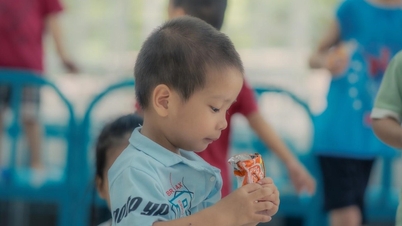
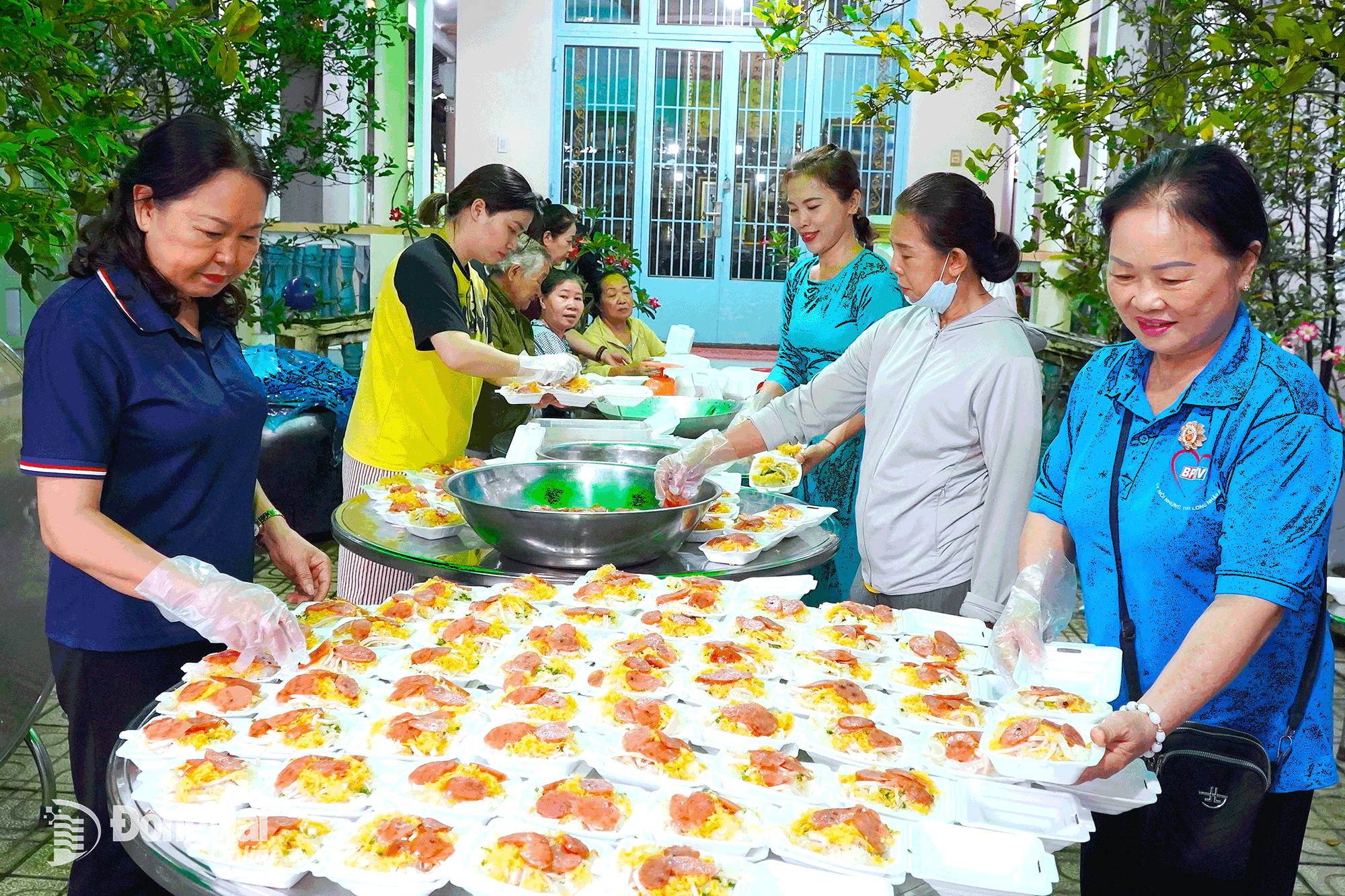

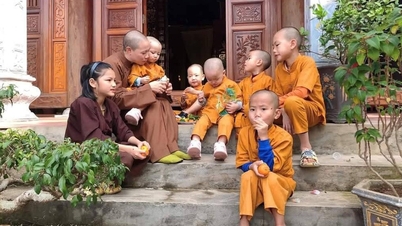
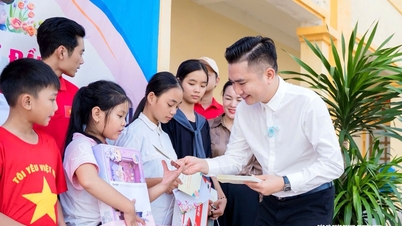

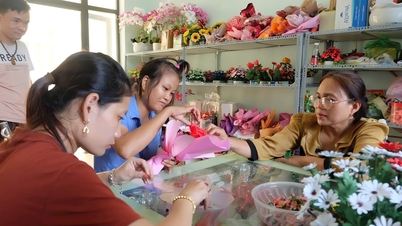



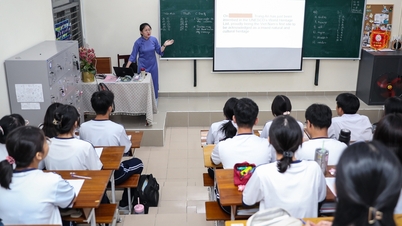


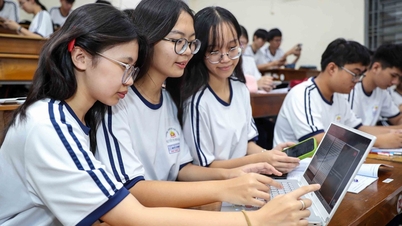
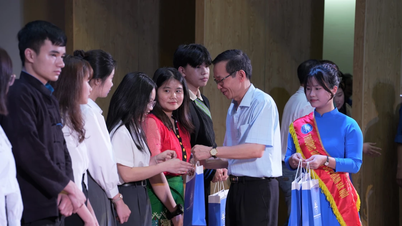





























































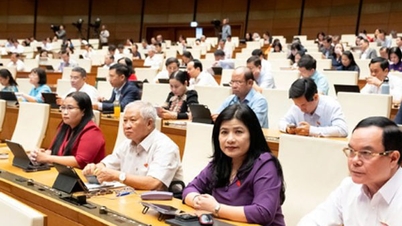





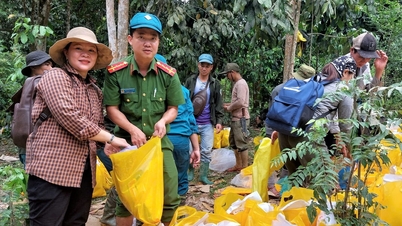






![Dong Nai OCOP transition: [Article 3] Linking tourism with OCOP product consumption](https://vphoto.vietnam.vn/thumb/402x226/vietnam/resource/IMAGE/2025/11/10/1762739199309_1324-2740-7_n-162543_981.jpeg)




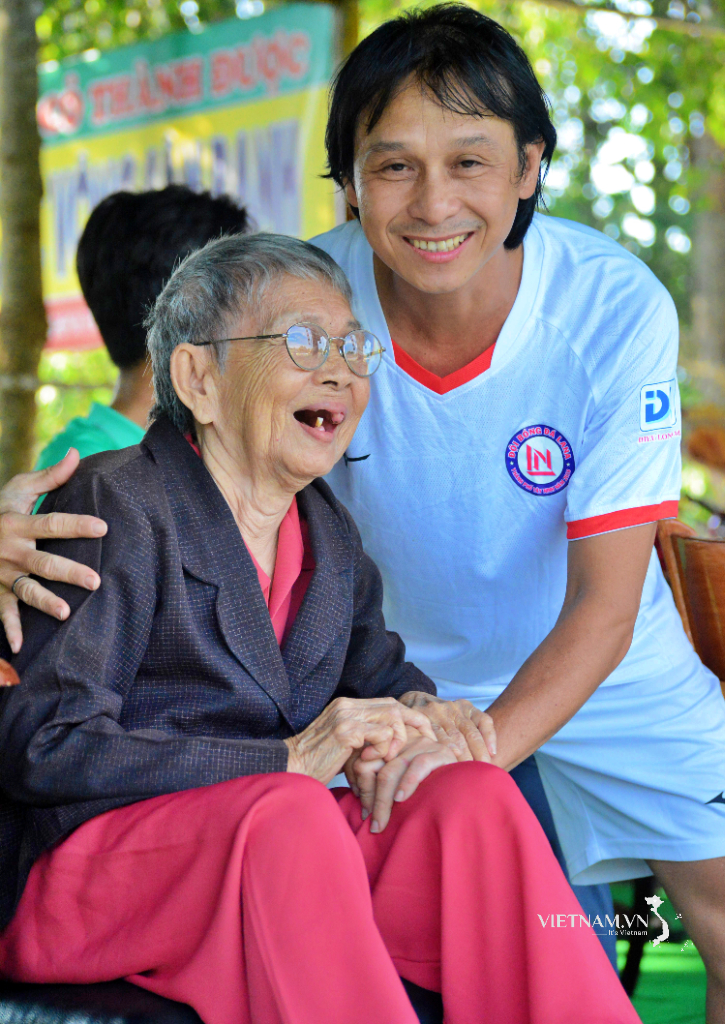



Comment (0)